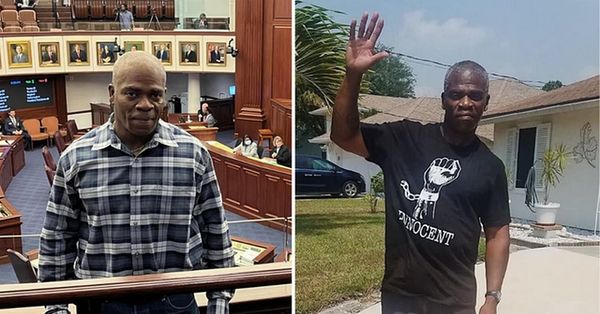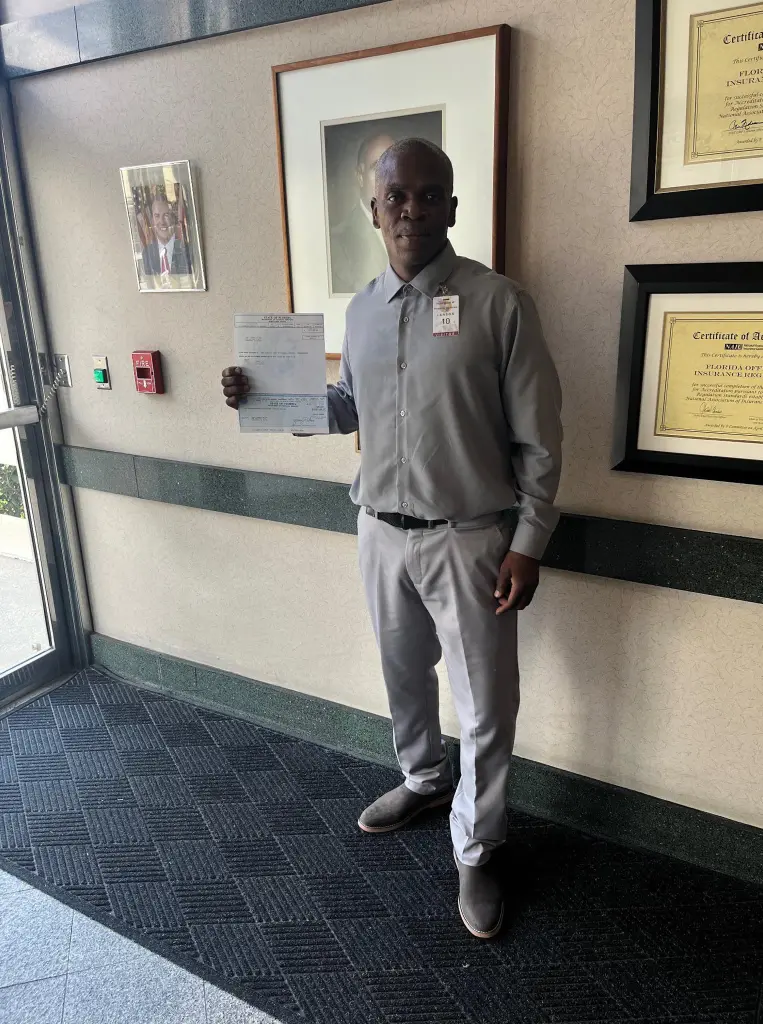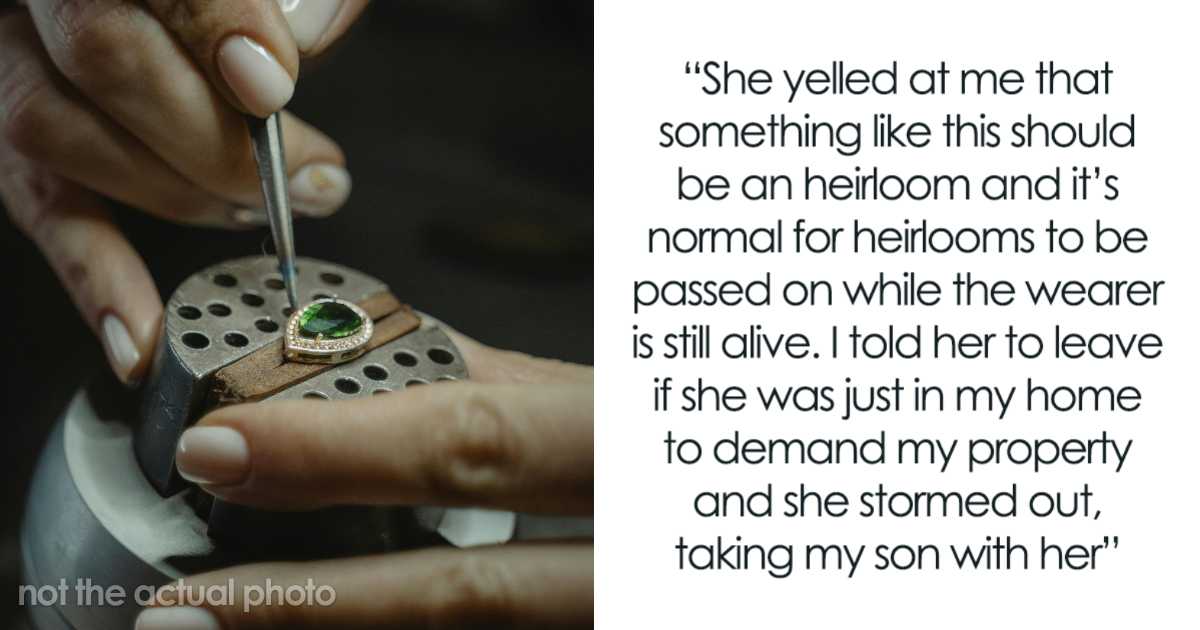
It is with a heavy heart that we share the tragic story of Leonard Cure, a 53-year-old African American man who spent 16 years behind bars for a crime he did not commit. After finally being exonerated, Leonard’s life was cut short during a routine traffic stop in Georgia. This heartbreaking event serves as a somber reminder of the flaws within our criminal justice system.

Leonard Cure had been enjoying his newfound freedom for three and a half years after being wrongfully convicted of armed robbery. On that fateful day, he was on his way to visit his mother when a sheriff’s deputy pulled him over for speeding on Interstate 95 in Camden County. According to reports, Cure was allegedly driving at a speed of at least 90 mph in a 70-mph zone.

Initially cooperating with the deputy’s request to step out of his vehicle, the situation quickly escalated when Cure was informed of his impending arrest. Despite the deputy’s attempts to subdue him using a Taser and baton, Cure began assaulting the officer. The deputy, fearing for his safety, drew his gun and fired at Cure, resulting in his tragic death.
The deputy involved in the shooting remains unidentified at this time, and it is uncertain whether race played a role in this tragic incident. The Georgia Bureau of Investigation is actively investigating the matter, including the possibility of body camera footage from the traffic stop.
Leonard Cure’s journey from incarceration to exoneration was a long and difficult one. Convicted of an armed robbery at a Walgreens pharmacy in Florida in 2003, Cure faced a life sentence due to his prior convictions. However, in December 2019, he reached out to the Broward State Attorney’s Office Conviction Review Unit, seeking a fresh look at his case.

After a thorough examination, the review unit made troubling discoveries. It revealed solid alibis for Cure that had been previously overlooked, and there was no physical evidence or credible witnesses linking him to the robbery. A panel of five lawyers agreed that there was reasonable doubt about his guilt, leading to his convictions being vacated and all charges dropped. Cure became the first inmate to be exonerated by the Broward’s review unit.
Upon his release, Cure expressed his desire to leave the past behind and pursue his dreams. He had aspirations of attending college to study music production. In August of the same year, he received $817,000 in compensation for his wrongful conviction and imprisonment. This decision was endorsed by Florida Governor Ron DeSantis.
The tragic news of Leonard Cure’s untimely death deeply saddened the Innocence Project of Florida, an organization that played a vital role in his exoneration. Seth Miller, the executive director of the Innocence Project, expressed profound sorrow. Cure’s family, who had witnessed his journey from imprisonment to exoneration, now had to face the devastating loss of their loved one.
Broward State Attorney Harold Pryor, who oversaw Cure’s exoneration, remembered him as a smart, funny, and kind person. Cure’s commitment to fairness and thoroughness in the justice system was evident even after his release, as he engaged with prosecutors and provided training.
Leonard Cure’s story serves as a poignant reminder of the complexities and injustices within our legal system. His pursuit of justice, eventual exoneration, and the tragic end to his life should inspire us to continue working towards reform and improvement within the criminal justice system. We must strive to prevent such heartbreaking situations in the future.






